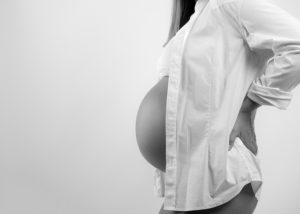ART or assisted reproductive technology is a reproductive medical advancement has applied successfully to treat millions of infertile couple. Like other medical treatment procedures, ART also has some complications along


ART or assisted reproductive technology is a reproductive medical advancement has applied successfully to treat millions of infertile couple. Like other medical treatment procedures, ART also has some complications along
Reproduction technological advancements allow reproduction without intercourse, an extension of reproductive age, and the creation of a designer baby. Continuous advancement in this field opens new doors for infertile couples

The consumption rate of processed food items is increasing due to their ready to eat competence with enhancing taste satisfy our craving in our busy lifestyle. But during processing, many

Climatic condition alters due to global warming causes heat stress. Recently researchers examined how different temperatures have their own impact on the reproductive behavior and fertility by conducting a series

'The compel to win is violent' - this experience is common with serious athletes. Winning the competition is not only provide personal satisfaction, but the fame of winners aggravate them
A rare genetic disorder named as Mayer-Rokitansky-Küster-Hauser syndrome affects one in 4,500 women. The characteristic feature of this genetic condition is the underdeveloped or congenital absence of vagina and uterus,

DNA makes up the genetic code. Human being has approximately twenty thousand genes, which are bundled into 23 pairs of chromosomes. Almost every cell of our body has a nucleus
The labor procedures including cesarean section and operative vaginal birth have increased risk of maternal infection. A different systematic review has proven the efficacy of prophylactic antibiotic to lessen the

Children's National Health System published a recent research report conducted by an academic medical center. This research result has concluded that male fertility preservation may be possible through cryopreservation of

Almost 500 ml blood loss within 24 hours of child delivery is the clinical condition and termed as postpartum hemorrhage. In severe cases, the amount of blood loss exceeding 1000ml,